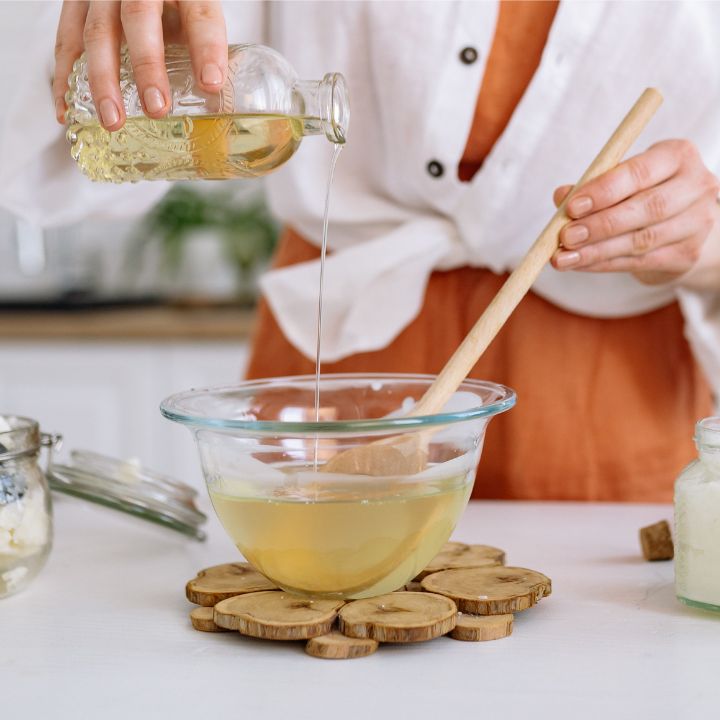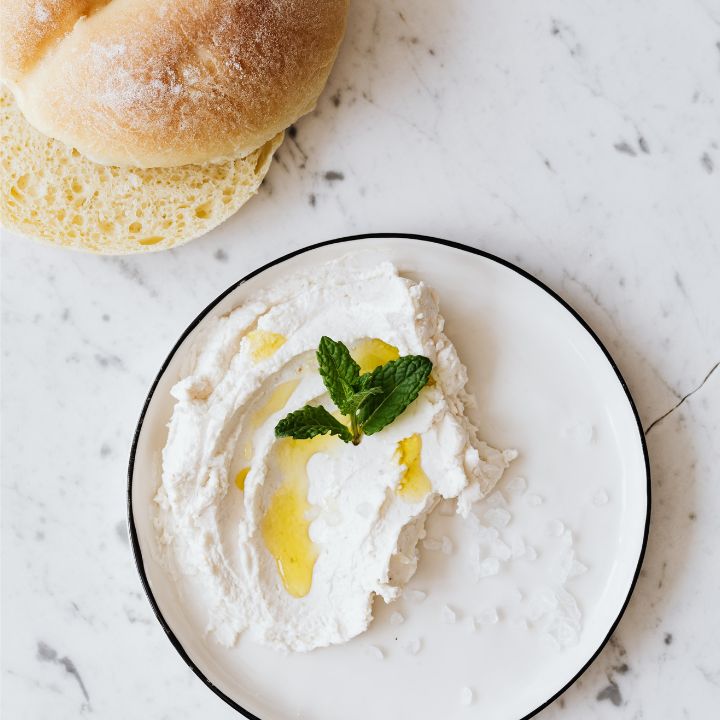Peanut oil is a type of vegetable oil that is derived from peanuts. It is commonly used in cooking and baking due to its high smoke point and neutral flavor.



Health Benefits
Heart Health
Peanut oil is a good source of monounsaturated and polyunsaturated fats, which are healthy fats that can improve heart health. These fats can help lower LDL cholesterol (the “bad” cholesterol) and increase HDL cholesterol (the “good” cholesterol), which can reduce the risk of heart disease.
Antioxidants
Peanut oil contains antioxidants such as vitamin E and resveratrol, which can help protect against oxidative stress and inflammation. These antioxidants have been linked to a reduced risk of chronic diseases such as cancer, diabetes, and Alzheimer’s.
Blood Sugar Control
Peanut oil has a low glycemic index, which means it can help regulate blood sugar levels. This makes it a good choice for people with diabetes or those who are trying to maintain stable blood sugar levels.
Anti-Inflammatory Properties
Peanut oil contains a compound called oleic acid, which has anti-inflammatory properties. Oleic acid has been shown to reduce inflammation in the body, which can lower the risk of chronic diseases such as cancer and arthritis.
Baking with Peanut Oil
When it comes to baking, peanut oil is a versatile ingredient that can be used in a variety of recipes.
Moisture
Peanut oil can be used to add moisture to baked goods, such as cakes and muffins. The oil’s high-fat content helps keep baked goods moist and tender, even after baking.
Flavor
Peanut oil has a mild, nutty flavor that can enhance the flavor of baked goods. When using peanut oil in baking, choose a high-quality oil that is free of any additives.
Savory
Peanut oil can also be used to add flavor and healthy fats to savory baked dishes, such as stir-fries, roasted vegetables, and casseroles. When using peanut oil in savory baked dishes, choose a high-quality oil that has a mild, nutty flavor.
Butter Alternative
Peanut oil can be used as a healthy alternative to butter or margarine in baking recipes. Peanut oil is lower in saturated fat and higher in monounsaturated and polyunsaturated fats than butter or margarine, making it a better choice for heart health. When substituting peanut oil for butter or margarine in a recipe, use a 3:4 ratio (3 tablespoons of peanut oil for every 4 tablespoons of butter or margarine).
Peanut oil is a healthy and versatile ingredient that can be used in a variety of baking recipes. Its high concentration of monounsaturated and polyunsaturated fats, antioxidants, and anti-inflammatory properties make it a good choice for improving heart health, reducing inflammation, and regulating blood

